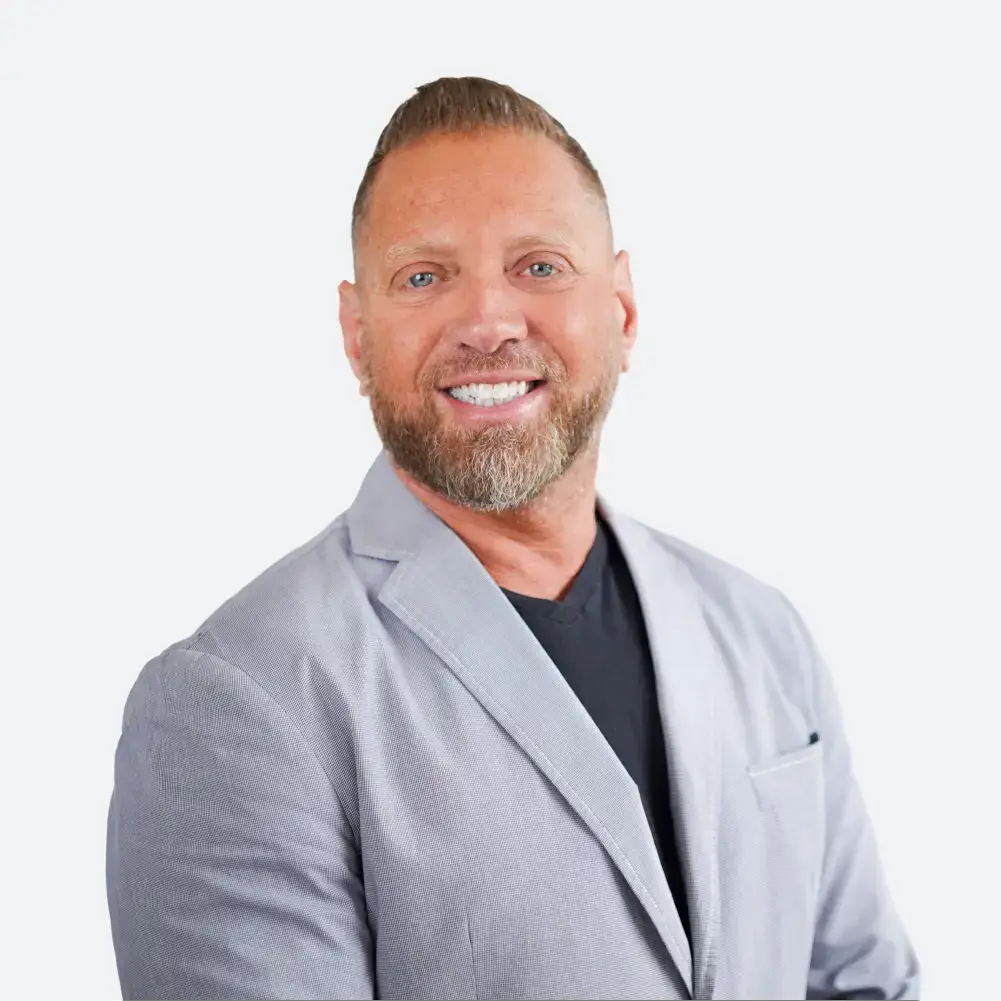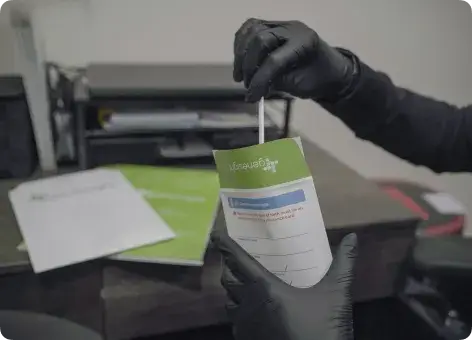Mental Health Treatment That Actually Works
“The Haven was an awesome experience for me, got me back on track and in a good mindset to handle life’s ups and downs. Thank all the staff for showing real love and support!”





Mental health treatment should never feel generic
For more than 10 years, people have trusted The Haven Detox for care that blends evidence-based therapy with holistic and advanced treatment options.
Whether you’re managing anxiety, depression, trauma, or bipolar disorder, the “right” treatment is a plan built around your unique needs.
24/7 Support
Get round-the-clock help for mental health and addiction needs, anytime you need it.
Covered by insurance
Covered by all major health insurance companies to keep any costs low.
Therapies not available at other treatment centers
Access innovative therapies you won’t find at other centers, designed to help you recover faster.




Effectively Treating A Range Of Mental Health Conditions
Mental health care here is never one-size-fits-all. Treatment is personalized, with support for a wide range of mental health conditions, including:
- Anxiety disorders - panic, general anxiety disorder, social anxiety
- PTSD & Trauma - From single incidents or long-term trauma
- Borderline Personality Disorder (BPD) - Stabilization and long-term planning
- Self-harm & Suicidal Ideation
- Co-Occurring Disorders - substance use disorder or additional mental health condition
A Variety of Therapies To Find What Works Best
Comprehensive Options Not Available At Other Treatment Centers
- Fewer side effects and less trial-and-error
- Faster, more effective relief
- Heals the root causes driving anxiety, depression, or substance use
- Restores a sense of safety and control in your body and mind
Mental Health Care That Feels Like Self-Care
You’re not just a diagnosis. At The Haven Detox, mental health treatment includes calming, body-focused therapies that support your focus and healing, in a setting that feels more like a retreat than a rehab.
These self-care–centered therapies are part of your treatment experience:
Yoga and Meditation
Quiet your mind. Reconnect with the present. These gentle practices help ease anxiety, improve focus, and make it easier to stay engaged in the work of healing.
Art Therapy
When words aren’t enough, creativity opens another door. Through painting, writing, or music, you can explore emotions, reduce stress, and process what’s been hard to name.
Fitness and Nutrition
Movement and nourishment aren’t just physical — they support your mood, energy, and clarity. These simple, consistent tools help your body feel stronger so your mind can too.
Chiropractic Care
When your body feels stuck, everything else can feel harder. Chiropractic care helps release tension, ease pain, and support deeper rest — so your body becomes a better place to heal.

Yes, Insurance Covers Treatment Here
Most insurance policies cover treatment here so any cost to you is as low as possible — sometimes even zero. No one will be notified if you inquire. And, there’s no commitment.



Many More
Your information will be kept private
Forget What You Think Mental Health Treatment Looks Like
At The Haven Detox, each location is designed to feel calm, private, and safe — the kind of space where it’s easier to exhale, open up, and begin to feel better.
Whether you’re staying nearby or getting away to reset, the environment is part of the care. And it’s all designed around what you need to heal.

Nationally-Recognized For Mental Health Expertise
At The Haven Detox, treatment is led by professionals with decades of experience in psychiatry, psychology, trauma recovery, and addiction treatment. The leadership team brings advanced training, nationally recognized credentials, and deep expertise in treating mood disorders, trauma, and dual diagnoses. You’re not just safe here — you’re understood.
Chief Medical Officer
Board-certified in General Psychiatry and Addiction Medicine.
- Dual Board-Certified Specialist
- 20+ Years Experience

Over 30 years in behavioral health and featured in 140+ media outlets.
- Featured In 140+ News Outlets
- 20+ Years Experience
Trusted By Thousands Of Patients
Hunter S
I came to this place despising the person I was. In a week of time, the haven has turned my life around completely. They say in the groups they have, “give your self a chance, and the chances will come.”. I encourage anyone and everyone who is struggling with addiction or mental illness to give this place and themselves a chance. I did, and I speak from experience that it changed and saved my life. I believe it will do the same for anyone.
Brandon A
One therapist in particular that specializes in trauma literally changed my outlook on life and has been the only one to ever help me with trauma in such a deep way. I am so thankful for helping me through such a tough time.
Chris M
This place is amazing. The staff are all extremely caring and knowledgeable. It’s a very comfortable and safe space to start to get better, physically and mentally, as you start your journey into a life in Recovery. I’m extremely grateful for my time spent there.
Joseph T
This place feels like the best home you’ve ever had. Also helps you through the worst times of your life, if you are dealing with any anxiety and depression. I highly recommend.
Meghan B
The Haven honestly saved my life. I came in a nervous wreck, and within three weeks, my entire mentality/health was transformed for the BEST. The staff is amazing, friendly, and helpful. The community is healing. The facility is clean and pleasant. If you need help, seek out The Haven!!!!

John K
The staff has really shown me how selfless people can be in this recovery program. I have done about 11 different treatments and this facility has brought together all the aspects I need in my recovery such as the proper medication mixed with the proper therapy. I have never been treated so humanely at a facility in my life. This place has changed me and my path in life and I am forever grateful.
What’s Getting in the Way of Asking for Help?
I’ve never gone to treatment before.
You’re not alone — many people who start here have never been in treatment. You don’t need to have it all figured out. Just take the first step, and we’ll help with the rest.
What if I’m not sure what’s wrong - I just know something’s off?
That’s enough. You don’t need a label or diagnosis to reach out. If things feel heavy or off-track, this is a safe place to talk through it and find out what kind of support could help.
Can I get help quickly?
Yes. In most cases, treatment can begin within 24 to 48 hours. We’ll verify your insurance, talk through your options, and help you make a plan that fits.
I don’t know if this is covered by my insurance.
You don’t need to figure that out yourself. Just give us a few details and we’ll check your benefits for you — quickly, privately, and with no obligation. Most plans cover more than people expect.
What Now? This Is Where Change Starts
The next step is a simple phone call to see if this is a good fit. You talk with someone who has struggled with their own mental health and can help you find a way out too.
You don’t have to commit to coming here and no one will know you reached out.
Call now. You’ll be heard. And you’ll get help.



